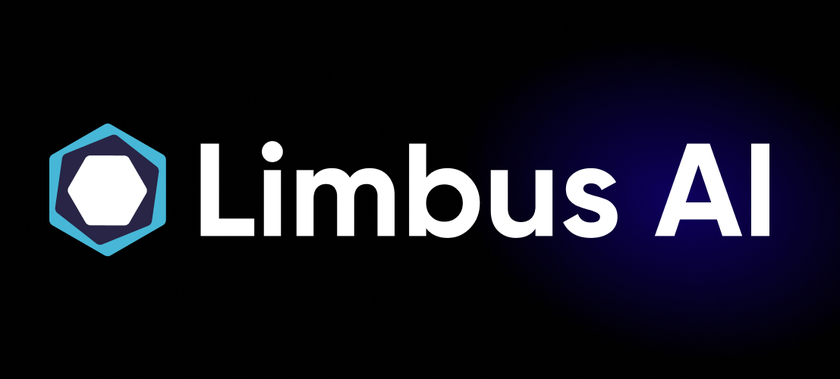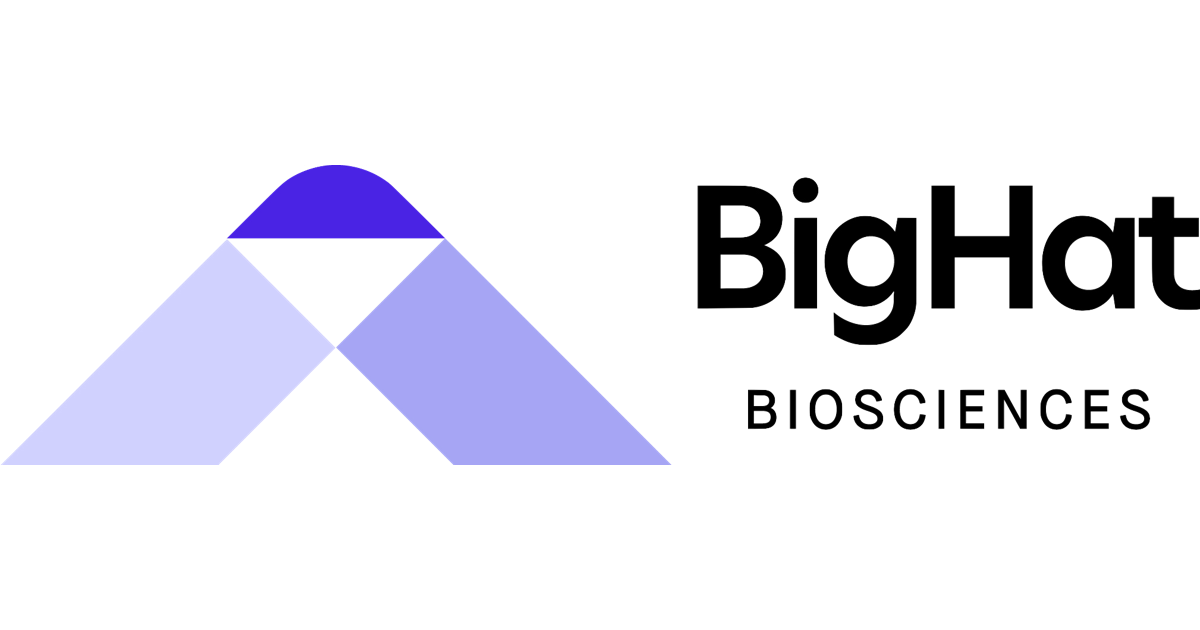Top 10 AI Precision Medicine Tools for 2025
Top 10 Precision Medicine Tools for 2025
Healthcare providers working with Precision Medicine tools face increasing demands for efficiency and accuracy in their daily work. These software solutions help address specific challenges by automating routine tasks, providing decision support, and improving workflow organization.
The following list includes established solutions that healthcare professionals are currently using to improve their practice. Each tool offers different features and pricing models to meet various organizational needs.

1. Limbus Contour
Summary: Limbus Contour offers automated contouring for radiation therapy, significantly reducing the time required for manual contouring of organs at risk (OARs) and clinical target volumes (CTVs). The software operates entirely on local workstations, eliminating the need for cloud transfers and ensuring patient data remains secure. With its extensive library of clinically validated anatomical structures, Limbus Contour integrates seamlessly into existing treatment planning systems, supporting a wide range of platforms without the need for specialized hardware.

2. Notal Vision
Summary: Notal Vision specializes in extending eye disease management from the clinic to the home with patient-operated diagnostic devices and proprietary AI algorithms for data analysis. Their approach aims to advance eye care by enabling early diagnosis and personalized treatment for retinal diseases, such as wet Age-related Macular Degeneration (AMD), through continuous home monitoring and real-time data analysis.

3. Sepsis ImmunoScore
Summary: The Sepsis ImmunoScore is a groundbreaking diagnostic tool that leverages artificial intelligence to diagnose sepsis and predict patient outcomes. By integrating biomarkers with clinical data, it provides critical information in real-time, enabling healthcare providers to deliver optimal therapy swiftly. Its direct integration into hospital Electronic Health Records (EHRs) facilitates timely interventions, thereby improving patient outcomes, enhancing hospital quality metrics, and reducing costs.

4. DLCExpert
Summary: DLCExpert automates the delineation and contouring of organs at risk (OARs) in radiation oncology, leveraging deep learning technology to enhance accuracy and consistency. This tool integrates into existing clinical workflows, offering a library of structures for various cancer types including head and neck, thorax, breast, and prostate. It aims to save time on manual contouring tasks, allowing clinicians to focus on complex cases and improve patient outcomes.

5. DataRobot Healthcare Solutions
Summary: DataRobot offers AI-driven solutions tailored for the healthcare sector, aiming to improve decision-making for providers, optimize management for payers, and accelerate research and development in life sciences. The platform provides predictive and generative AI applications, enabling healthcare institutions to improve patient outcomes, optimize operations, and drive efficiency across various functions such as staffing, risk assessment, and demand forecasting.
6. Guardant Health Precision Oncology Solutions
Summary: Guardant Health offers a range of blood tests designed to provide critical insights for cancer care. These tests, including the Shield™ Blood Test, Guardant Complete®, and Guardant Infinity™, are used for cancer screening, as well as for guiding treatment decisions in patients with early and advanced-stage cancer. By analyzing circulating tumor DNA, Guardant Health's tests aim to improve clinical outcomes through precision oncology.

7. Milliner Platform
Summary: BigHat Biosciences' Milliner platform combines synthetic biology with advanced machine learning technologies to accelerate the discovery and engineering of antibody therapies. It allows for the rapid synthesis, purification, and characterization of hundreds of recombinant antibodies, targeting diseases with high unmet needs such as infections and cancers. This integration aims to produce next-generation therapies with improved safety and efficacy through rational molecular design.

8. Zephyr AI
Summary: Zephyr AI leverages advanced machine learning and a vast real-world data set to provide high-confidence insights from multimodal data, aiming to improve decision-making across the therapeutic lifecycle. The platform offers a range of tools for predictive modeling, AI-enabled companion diagnostics, cohort construction, risk stratification, and real-world evidence generation, all designed to integrate seamlessly into clinical workflows.

9. DELFI Diagnostics
Summary: DELFI Diagnostics utilizes a novel approach in cancer detection by analyzing cell-free DNA fragments in the bloodstream with advanced machine learning and next-generation sequencing technologies. This method, known as fragmentomics, is designed to support early-stage cancer detection by scanning millions of data points to identify cancer-associated DNA fragments. This scalable approach aims to improve upon existing liquid biopsy methods by detecting previously unrecognized patterns associated with cancer.

10. Fabric Genomics
Summary: Fabric Genomics offers a comprehensive suite of tools and services designed to accelerate and scale genomic testing across clinical labs, hospital systems, and country-sequencing programs. Utilizing advanced AI algorithms, the platform streamlines the process of genomic data interpretation, enabling the rapid generation of detailed clinical reports. This approach supports a wide range of clinical applications, including hereditary risk screening, rare disease diagnosis, and rapid NICU testing, making precision medicine more accessible.
These tools each address different aspects of Precision Medicine workflows, offering various features and integration options. When evaluating options, consider your specific needs, existing systems, and budget constraints. The right choice depends on your organization's size, technical requirements, and workflow preferences.
Featured Tools Quick Reference

Fabric Genomics
Fabric Genomics, Inc.
AI-powered software for genomic data interpretation and clinical report generation.
Target Customer: Enterprise
unclearVisit Website →
DataRobot Healthcare Solutions
DataRobot
AI-driven solutions for healthcare, enhancing provider decision-making, payer management, and life sciences R&D.
Target Customer: Enterprise
subscriptionVisit Website →Notal Vision
Notal Vision, Inc.
Provides remote patient monitoring services for retinal diseases using home-based diagnostic devices and AI analysis.
Target Customer: Clinic
unclearVisit Website →
Sepsis ImmunoScore
Prenosis
FDA authorized AI diagnostic tool for sepsis, predicting adverse outcomes and integrating with EHRs.
Target Customer: Clinic
unclearVisit Website →
DELFI Diagnostics
DELFI Diagnostics
A platform leveraging fragmentomics and machine learning for early cancer detection through liquid biopsy.
Target Customer: Clinician
unclearVisit Website →Guardant Health Precision Oncology Solutions
Guardant Health
Blood tests for cancer screening and management, providing insights for treatment decisions.
Target Customer: Clinician
unclearVisit Website →
DLCExpert
Mirada Medical
AI-driven software for automated organ-at-risk (OAR) contouring in radiation oncology.
Target Customer: Clinic
unclearVisit Website →Zephyr AI
Zephyr AI, Inc.
AI platform that extracts insights from real-world data for healthcare decision-making.
Target Customer: Enterprise
unclearVisit Website →
Milliner Platform
BigHat Biosciences
A platform that designs safer, more effective antibody therapies using machine learning and synthetic biology.
Target Customer: Enterprise
not for saleVisit Website →
Limbus Contour
Limbus AI
Automated contouring software for radiation therapy planning.
Target Customer: Clinic
subscriptionVisit Website →